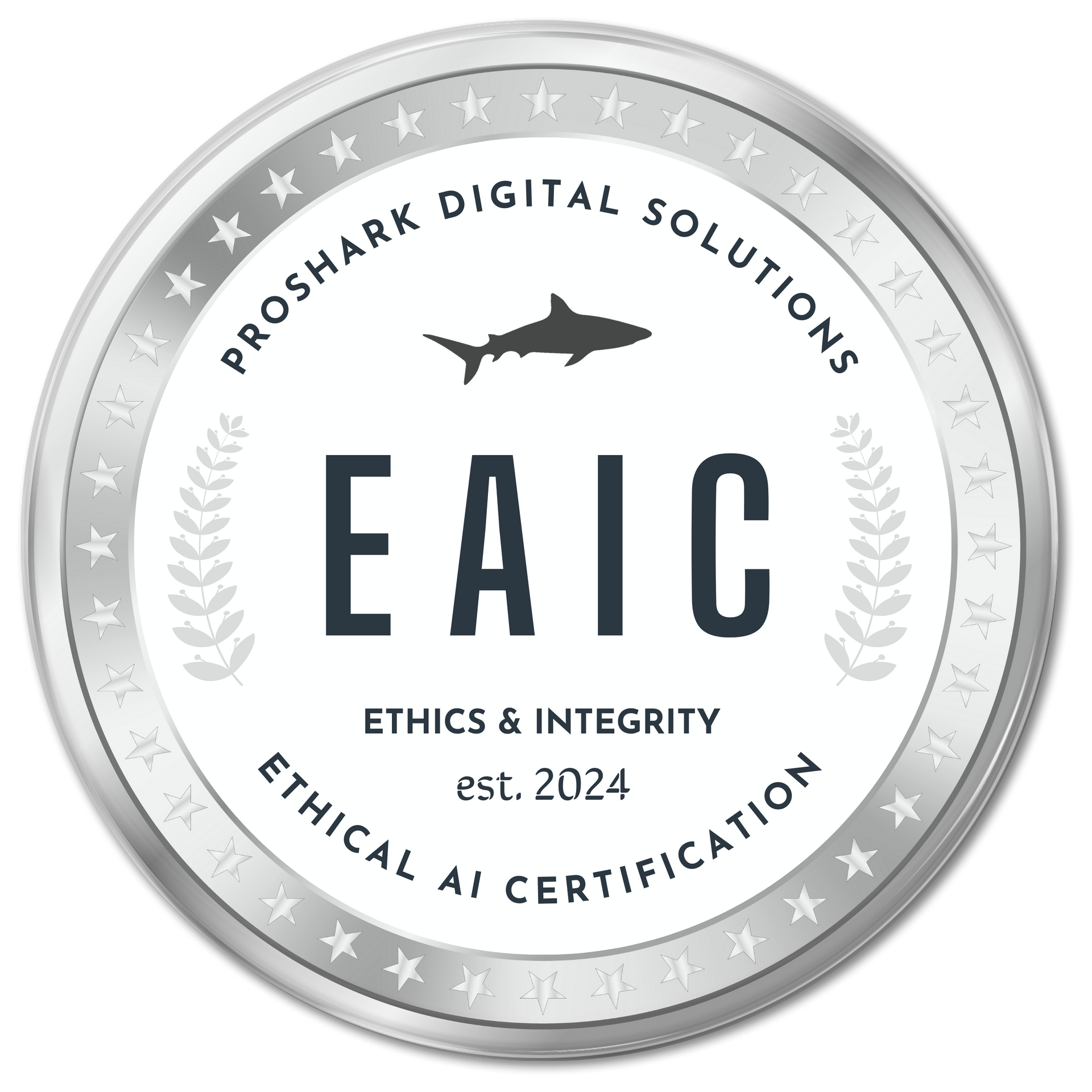Cybersecurity and Marketing—Why Both Matter for Your Brand’s Reputation
Protecting Trust in the Digital Age

The Overlooked Connection Between Cybersecurity and Marketing
In today’s digital-first world, businesses focus heavily on branding, customer engagement, and digital marketing strategies to build trust and credibility. But what happens when a data breach, cyberattack, or security vulnerability threatens that trust?
A strong marketing strategy may attract customers, but cybersecurity keeps them. Consumers are more cautious than ever, and a single breach can erode years of trust, damage brand reputation, and result in severe financial losses.
Yet, many businesses treat cybersecurity and marketing as separate concerns, failing to see that brand reputation depends on both. This blog explores how cybersecurity and marketing intersect and why businesses must integrate both into a holistic brand protection strategy.
1. The Link Between Cybersecurity and Brand Reputation
Marketing establishes credibility, while cybersecurity protects it. In an era where data privacy, security, and customer trust determine business success, companies must recognize that:
- A data breach can lead to negative PR, customer churn, and lost revenue.
- Poor cyber hygiene raises questions about how much a company values its customers.
- Marketing success relies on trust—losing that trust affects customer retention, conversions, and brand loyalty.
According to research by IBM Security, the average cost of a data breach in 2023 was $4.45 million, with reputational damage being one of the hardest costs to quantify.
How Consumers Perceive Cybersecurity Failures
Customers care about security more than businesses often realize. Consider these statistics:
- 81% of consumers say they would stop engaging with a brand after a data breach.
- 79% of customers expect companies to take stronger cybersecurity measures.
- 63% of users blame the brand (not the hacker) for failing to protect their data.
When cybersecurity fails, businesses not only lose data—they lose customer trust, brand authority, and marketing ROI.
2. Cybersecurity Incidents That Can Destroy a Brand’s Reputation
Marketing teams work hard to craft compelling brand messages, but one cybersecurity failure can overshadow years of effort. Some common cyber threats that damage brand reputation include:
1. Data Breaches & Customer Information Leaks
A single data breach can expose customer emails, credit card details, passwords, or personal information—leading to legal trouble, negative press, and a loss of consumer confidence.
Example: In 2021, Facebook suffered a data breach that leaked 533 million user records, significantly damaging user trust.
2. Website Hacks & Defacement
A hacked website not only disrupts business but also signals poor security management to customers. If malicious content replaces company messaging, it can spread misinformation and harm credibility.
Example: In 2020, a cyberattack targeted the Twitter accounts of high-profile figures, leading to fake Bitcoin scams.
3. Phishing & Fake Brand Impersonation
Hackers often impersonate brands through fake emails, social media accounts, or fraudulent websites to steal user credentials. If customers associate your brand with fraudulent activity, your reputation suffers.
Example: Google and Facebook were scammed out of $100 million in a phishing attack where hackers impersonated a known vendor.
4. Ransomware Attacks & Downtime
Marketing success depends on website uptime and digital availability. A ransomware attack can shut down business operations, preventing customers from accessing products and services.
Example: In 2017, the WannaCry ransomware attack affected 200,000 computers in 150 countries, paralyzing businesses worldwide.
5. Social Media Hijacking
Social media is a critical marketing tool, but if accounts are hacked and misused, it can lead to widespread misinformation and loss of consumer confidence.
💡 Example: In 2013, hackers took control of The Associated Press Twitter account, falsely reporting an attack on the White House, which briefly caused the stock market to plummet.
3. The Marketing Impact of a Cybersecurity Breach
1. Customer Distrust & Lost Sales
A cybersecurity breach shakes consumer confidence, leading to immediate revenue loss. Customers question whether they can trust your brand with their data and may turn to competitors.
Marketing Fallout: Lower conversion rates, higher bounce rates, and reduced engagement.
2. Negative PR & Media Backlash
Once a cybersecurity incident makes headlines, it spreads quickly across social media and news platforms, damaging a brand’s image within hours.
Marketing Fallout: Crisis PR efforts, loss of positive brand sentiment, and long-term reputation damage.
3. Increased Customer Acquisition Costs
After a cybersecurity incident, businesses must spend more on marketing to rebuild their reputation. Acquiring new customers becomes harder because people hesitate to trust a brand that suffered a breach.
Marketing Fallout: Higher cost per lead, reduced ROI on ad spend, and customer churn.
4. Legal & Compliance Consequences
Regulatory fines (such as GDPR, CCPA, and PCI DSS) can lead to millions in penalties. Failing to protect customer data not only results in financial loss but also damages public perception.
Marketing Fallout: Loss of credibility, compliance scrutiny, and regulatory trust issues.
4. How Businesses Can Align Cybersecurity and Marketing to Build Trust
1. Prioritize Data Privacy in Your Marketing Strategy
- Clearly communicate how customer data is collected, stored, and protected.
- Implement secure payment gateways and data encryption for customer transactions.
- Include privacy-focused messaging in your brand communication.
2. Strengthen Website & Social Media Security
- Use HTTPS encryption and regular security audits to protect digital assets.
- Implement multi-factor authentication (MFA) on social media accounts.
- Monitor brand impersonation attacks to prevent phishing scams.
3. Respond Quickly & Transparently to Security Incidents
- If a breach occurs, notify customers immediately with clear action steps.
- Provide 24/7 customer support to address concerns.
- Implement crisis PR management to control the narrative.
4. Educate Customers & Employees About Cybersecurity
- Train employees on phishing awareness and secure password practices.
- Regularly update customers on best security practices through marketing campaigns.
- Promote trust signals like certifications, compliance badges, and testimonials.
Proshark: The Cybersecurity & Marketing Solution for Brand Protection
At Proshark, we understand that cybersecurity and marketing are interconnected. Our AI-powered cybersecurity solutions provide:
✔
Real-time threat detection to prevent breaches before they happen.
✔
Dark web monitoring to protect brand identity and customer data.
✔
Social media security tools to prevent phishing scams and impersonation attacks.
✔
Compliance solutions to safeguard your business against regulatory penalties.
By integrating cybersecurity best practices into your marketing strategy, you not only protect your reputation but also strengthen customer trust and loyalty.
Conclusion: A Secure Brand Is a Strong Brand
Marketing can bring customers to your business, but cybersecurity ensures they stay. In today’s digital landscape, trust is your most valuable asset—and protecting that trust should be a top priority.







